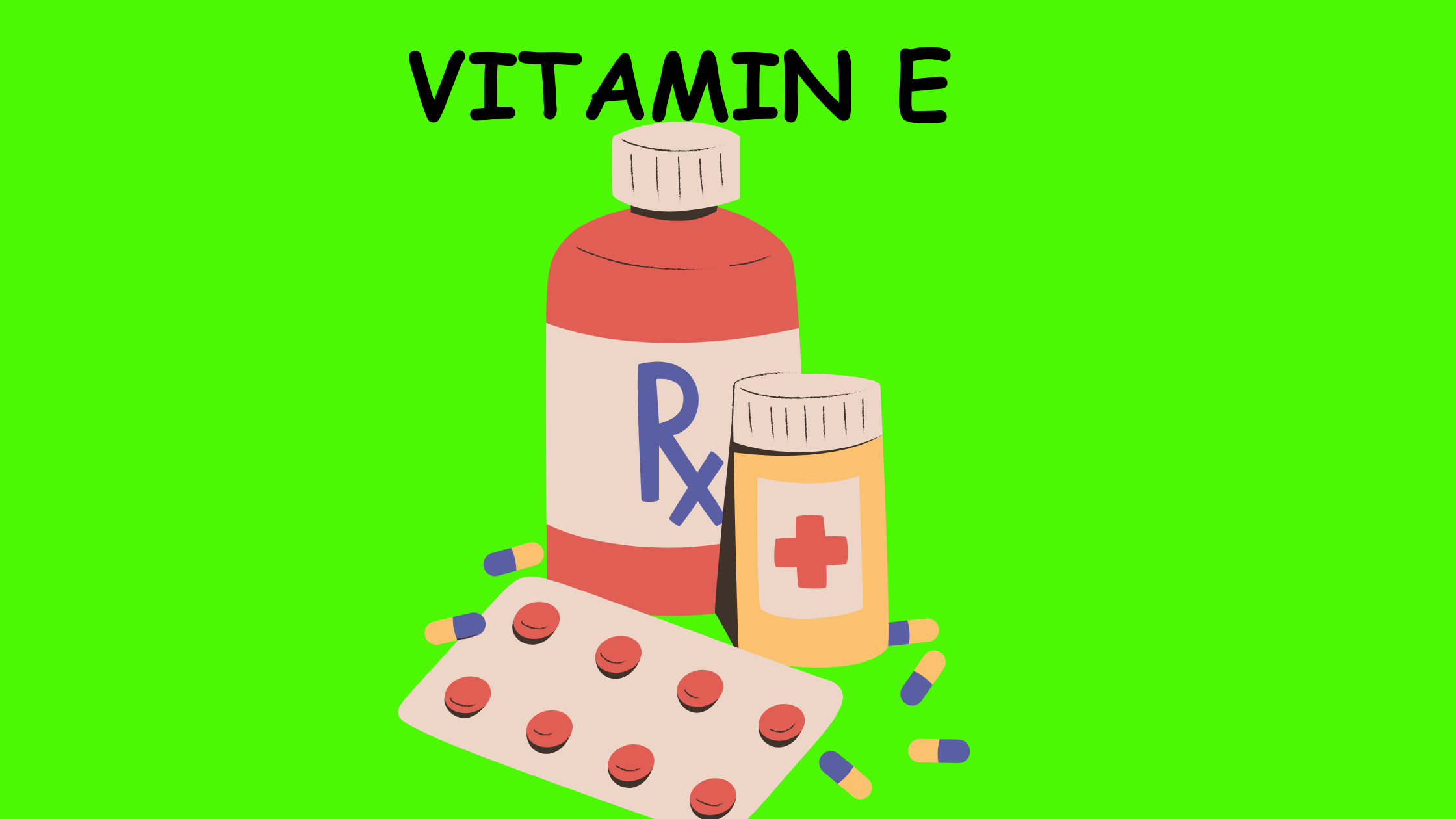Unveiling the Power of Vitamin E: A Comprehensive Guide
Introduction
As we delve into the realm of nutrition and wellness, one essential component often takes the spotlight – Vitamin E. This powerhouse vitamin plays a crucial role in our overall health and well-being, yet its benefits are often overshadowed by more popular nutrients. In this article, we will uncover the mysteries surrounding Vitamin E, exploring its functions, sources, benefits, and much more.
What is Vitamin E?
Vitamin E, a group of fat-soluble compounds, consists of tocopherols and tocotrienols. The most well-known form of Vitamin E is alpha-tocopherol, which is a potent antioxidant that helps protect cells from damage caused by free radicals. This essential vitamin is not produced by the body, making it important to incorporate it into our diet through food sources.
Sources of Vitamin E
- Nuts and seeds: Almonds, sunflower seeds
- Vegetable oils: Sunflower oil, safflower oil
- Green leafy vegetables: Spinach, kale
- Fruits: Avocado, kiwi
Benefits of Vitamin E
- Antioxidant properties: Vitamin E neutralizes free radicals, reducing oxidative stress and inflammation in the body.
- Skin health: Vitamin E is beneficial for skin repair, hydration, and protecting against UV damage.
- Immune function: Vitamin E plays a role in supporting immune function and reducing the risk of infections.
- Heart health: Vitamin E may help in lowering the risk of heart disease by preventing the oxidation of LDL cholesterol.
Importance of Vitamin E Supplementation
While a well-balanced diet can provide sufficient Vitamin E, supplementation may be necessary for certain individuals, such as those with malabsorption issues or specific health conditions. It is essential to consult with a healthcare provider before starting any supplements to determine the appropriate dosage and form of Vitamin E.
How Much Vitamin E Do You Need?
The recommended daily allowance (RDA) for Vitamin E varies based on age and gender. For adults, the RDA is 15 mg (22.4 IU) of alpha-tocopherol. It is crucial to meet this requirement through diet or supplementation to maintain optimal health.
Risks and Side Effects of Vitamin E
While Vitamin E is essential for health, excessive intake can lead to adverse effects. High doses of Vitamin E supplements may interfere with blood clotting, leading to increased bleeding risk. It is essential to follow recommended dosages and consult a healthcare professional if you have any concerns.
“Vitamin E is a vital nutrient that plays a crucial role in maintaining our overall health and well-being. Incorporating Vitamin E-rich foods into our diet can have a profound impact on our immune function, skin health, and overall vitality.”
Conclusion
In conclusion, Vitamin E is a powerhouse nutrient that deserves recognition for its numerous health benefits. By understanding the sources, benefits, supplementation needs, and risks associated with Vitamin E, we can make informed choices to optimize our health. Let’s embrace the power of Vitamin E and incorporate it into our daily wellness routine for a vibrant and healthy life.
Remember, a balanced diet rich in Vitamin E-containing foods can pave the way for a healthier tomorrow. So, why not start today?
